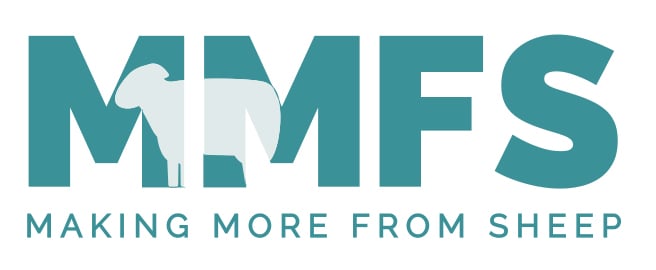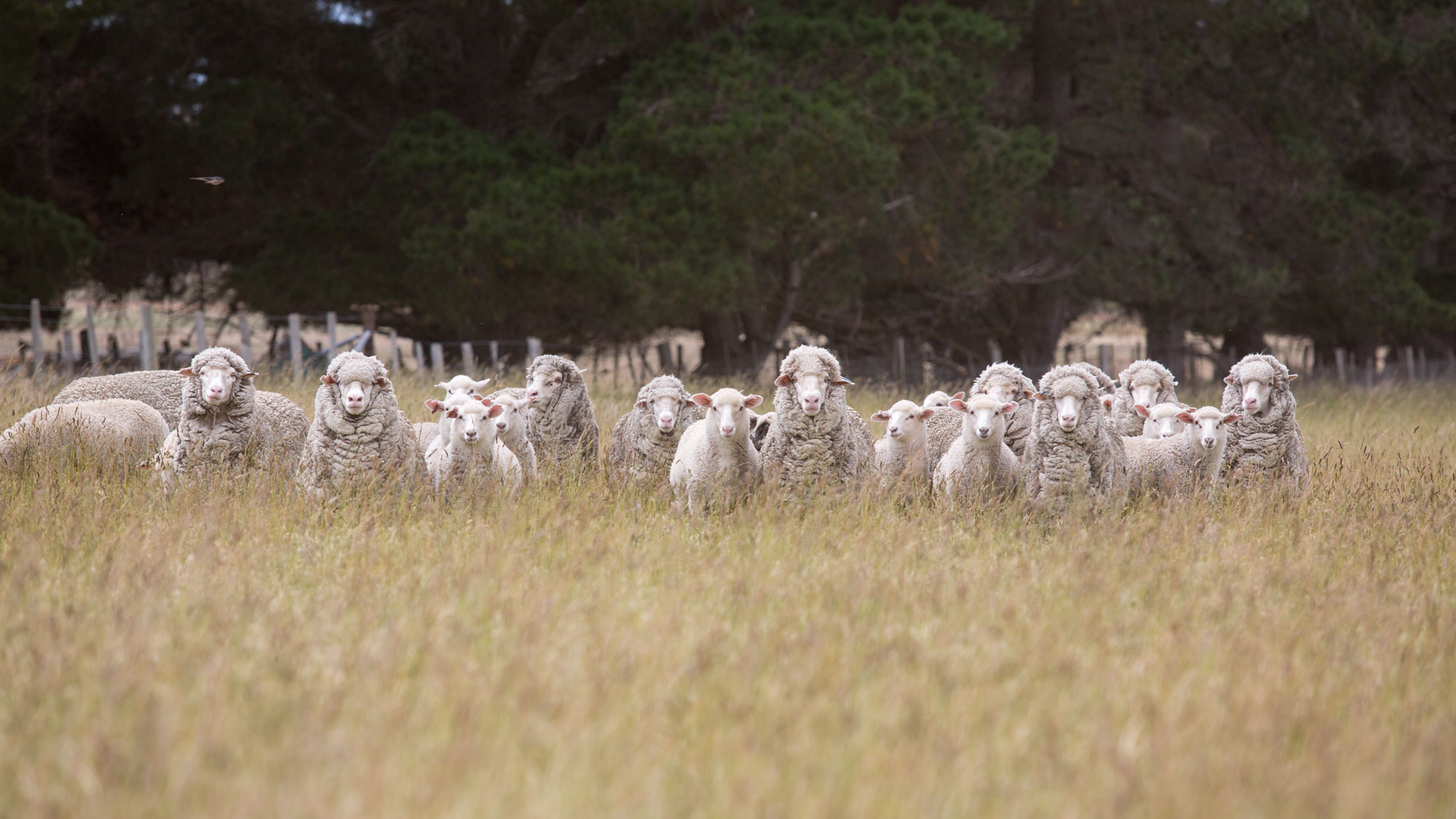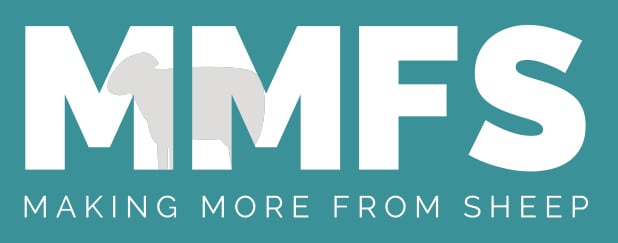Tool 8.3 Feed budgeting template
There are some simple, short-term feed budgets you can calculate manually and two examples of these are given below. More complex forecasting stocking rate calculators are also available which will assist you in planning your paddock rotation and feed budgets months in advance, based on historical pasture growth predictions. An example of this type of stocking rate calculator is included as the third example below.
To fill in the short-term feed budget templates you will need to:
- Measure the pasture mass (kg green DM/ha) in the paddock you have allocated to the stock to get your starting point (Tool 8.5).
- Estimate pasture quality (Tool 8.5 or Tool 7.6 in MMFS Module 7 Grow More Pasture).
- Determine the estimated intake of livestock from the table at the end of this tool below or downloaded it here.
- Look up typical pasture growth rates for your pasture type and soil fertility (see Tool 8.1).
- Define the minimum target pasture mass (kg green DM/ha) for the class of stock (see table 8.1 in Chapter 8.2).
To convert pasture/herbage mass to feed on offer (FOO), add 300 kg/ha.
Short-term stocking rate calculator
Q1: How many lactating, 60 kg ewes with twins can I put in a 40 ha paddock for a 42 day lambing, while ensuring the minimum to meet stock requirements is maintained?
| Pasture available | |||
| Present pasture/herbage mass or FOO (Tool 8.5): | 1,700 kg green DM/ha | ||
| Less required minimum pasture mass (kg green DM/ha)*: | 1,500 kg green DM/ha | ||
| Available pasture: | 200 kg green DM/h | ||
| Plus pasture growth (42 days lambing x 40 kg green DM/ha/day): | 1,680 kg green DM/ha | ||
| Total Available Pasture: | 1,880 kg green DM/ha | ||
| Livestock Requirements | |||
| Ewe intake 2.9 kg green DM/head/day x 42 days** + spoilage of 15% | 140 kg green DM/head | ||
| Number of ewes per hectare: |
Total available pasture |
1,880 | = 13.4 ewes/ha |
|
Livestock requirements |
140 | ||
| Stocking rate | 13.4 ewes/ha x 40 ha = approximately 536 ewes for the paddock | ||
* The minimum pasture mass is 1,500 kg green DM/ha to ensure that nutrient needs of these lactating ewes with twins are met (see chapter 8.2).
** Intake estimate from the table at the end of this tool or can be downloaded here (pasture digestibility 70%).
Predict feed availability
How long will my pasture last?
Q2: How long will a 16 ha paddock last stocked with 400 pregnant, 50 kg ewes ensuring pasture is kept above a minimum level to meet livestock requirements?
|
Pasture available |
|
|
Present pasture mass: |
1,000 kg green DM/ha |
|
Less required minimum pasture mass: |
700 kg green DM/ha |
|
Available pasture: |
300 kg green DM/ha |
|
Daily growth rate of pasture*: |
27 kg DM/ha/day |
|
Total Available Pasture: |
|
|
Stocking density (400 ewes divided by 16 ha): |
25 ewes/ha |
|
Livestock requirements** |
35 kg DM/ha/day |
* From Tool 8.1
** Intake estimate from the table at the end of this tool or can be downloaded here (pasture digestibility 70%).
These calculations indicate a net pasture loss of 8 kg green DM/ha/day (ewes are consuming 35 kg green DM/ha/day which is 8 kg greater than the pasture growth rate of 27 kg green DM/ha/day).
|
How long will the paddock last (300 kg DM/ha divided by 8 kg green DM/ha/day)? |
About 38 days |
When calculating short term (1-5 days) feed budgets, pasture growth may be ignored (except in spring).
Stocking rate calculator
Q3: Will I have enough pasture for my 50 kg early pregnant Merino ewes to meet their nutritional requirements over 3 months given I have an average of 500 kg DM/ha (green) in my 40 ha paddock now?
3 month feed budget
To fill in Step 1 of the feed budget template below, you will need to:
- Estimate pasture mass (kg green DM/ha) in the paddocks you have allocated to the stock to get your starting point
- Look up typical pasture growth rates for your pasture type and soil fertility (see Tool 8.1)
- Estimate pasture quality (see Tool 7.6 in MMFS Module 7 Grow More Pasture)
- Look up the minimum pasture mass required (kg DM/ha) for the class of stock to meet their requirements (see Tool 8.1 in chapter 8.2)
- Determine the estimated intake of livestock for each month from the table at the end of this tool or can be downloaded here (pasture digestibility 70%).
- Look up the target condition score for the class of stock in question (see Tool 10.1 in MMFS Module 10 Wean More Lambs)
- Account for a spoilage factor due to trampling, dung and urine. A figure of 15% is used here.
|
Step 1: Calculate available pasture (from the information collected as per instructions immediately above) |
|||
|
Present pasture mass: |
500 kg green DM/ha |
(A) |
|
|
Less required minimum pasture mass: |
500 kg green DM/ha |
(B) |
|
|
Available pasture: (A-B) |
0 kg green DM/ha |
(C) |
|
|
Plus growth for the period (growth rate per day* x number of days): |
|||
|
June: 17 kg DM/ha/day x 30 days |
510 kg green DM/ha |
+ |
|
|
July: 16 kg DM/ha/day x 31 days |
496 kg green DM/ha |
+ |
|
|
August: 26 kg DM/ha/day x 31 days |
806 kg green DM/ha |
= |
|
|
Growth for the period: |
1,812 kg green DM/ha |
(G) |
|
|
Total available pasture for 92 days: (C+G) |
1,812 kg green DM/ha |
(H) |
|
|
|
|
|
|
|
Step 2: Livestock requirements ((Intake per day + 15% spoilage) x No. of days) |
|||
|
(0.9 kg** + 0.3 kg spoilage) x 92 days |
110 kg green DM/head |
(I) |
|
|
Stock density that will achieve desired outcome (H ÷ I) |
17 head/ha |
(J) |
|
|
|
|
|
|
|
Step 3: Number of sheep in the paddock to achieve desired outcome (J x paddock area ha) |
|||
|
17 head/ha x 40 ha |
680 ewes in the paddock |
|
|
* From Tool 8.1
** Intake estimate from the table at the end of this tool or can be downloaded here (pasture digestibility 70%).
In the above example 680 ewes in the 40 ha paddock would ensure that pasture requirements for the early pregnant ewes are always met during pregnancy.
The MLA Stocking rate calculator can be accessed online and automates the process shown above.
Predicted daily intake of pasture by ewes at varying quality and quantity available


Source: NSW PROGRAZE®, adapted by AWI and MLA






